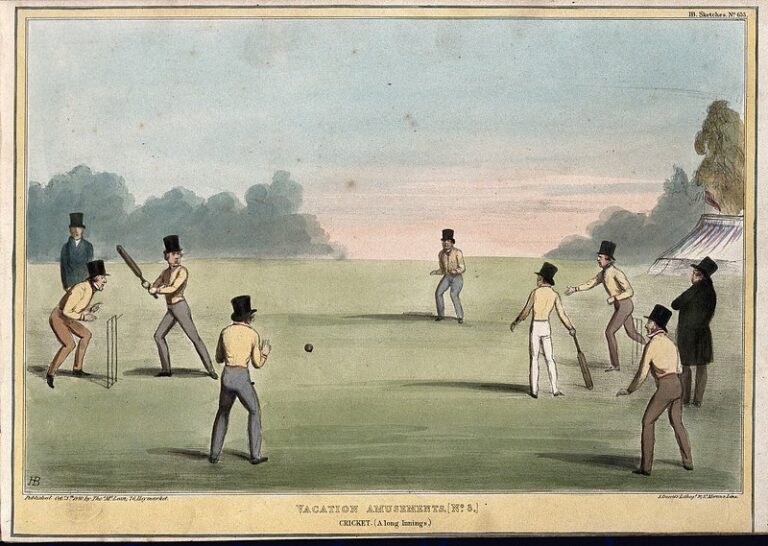Coaching young players on sportsmanship and fair play
Laserbook, Yolo 247 Registration:Good sportsmanship is a fundamental aspect of any sporting event, encompassing virtues such as respect, fairness, and integrity. Athletes are encouraged to display graciousness in both victory and defeat, understanding that their conduct reflects not only on themselves but also on their team and sport as a whole. By embodying the spirit of sportsmanship, athletes demonstrate their commitment to competing with honor and dignity.
Being a good sport means treating opponents, teammates, and officials with courtesy and respect at all times. It involves acknowledging the efforts and skills of others, even in the heat of competition. By upholding the principles of good sportsmanship, athletes contribute to a positive and inclusive sporting environment where fair play and camaraderie take precedence over individual achievement.
Setting a Positive Example as a Coach
Coaches play a crucial role in shaping the behavior and attitudes of their players. By demonstrating honesty, integrity, and fairness, coaches can set a positive example for their team members. It is essential for coaches to exhibit respect towards all individuals involved in the sporting event, including opponents, officials, and spectators.
Furthermore, coaches must emphasize the importance of teamwork and sportsmanship through their actions and words. By recognizing and appreciating the efforts of all players, regardless of the outcome, coaches can foster a culture of respect and camaraderie within the team. Ultimately, setting a positive example as a coach goes beyond the wins and losses on the scoreboard—it is about instilling values that will benefit players both on and off the field.
Teaching Respect for Opponents and Officials
Respecting opponents and officials is a fundamental aspect of sportsmanship that every athlete should prioritize. It is essential to remember that competitors and referees play a crucial role in the game, and treating them with respect fosters a positive and healthy sporting environment. By displaying respect towards opponents, athletes demonstrate sportsmanship and contribute to a competitive yet fair competition.
Furthermore, acknowledging the importance of officials in maintaining order and fairness on the field promotes integrity and honor within sports. Athletes should understand that referees make difficult decisions under pressure, and respecting their authority is crucial for upholding the values of sportsmanship. Teaching athletes to value the role of officials cultivates a culture of mutual respect and enhances the overall experience of sports for everyone involved.
• Respecting opponents shows sportsmanship and fair play
• Treating referees with respect promotes integrity in sports
• Acknowledging the importance of officials upholds values of sportsmanship
• Teaching athletes to value the role of officials enhances the overall sporting experience
Why is it important to teach respect for opponents and officials in sports?
It is important to teach respect for opponents and officials in sports because it helps foster a positive and fair playing environment. Respect for others encourages good sportsmanship and creates a more enjoyable experience for everyone involved.
What are some ways to teach respect for opponents and officials to young athletes?
Some ways to teach respect for opponents and officials to young athletes include leading by example, emphasizing the importance of sportsmanship, and discussing the value of treating others with respect both on and off the field or court.
How can coaches set a positive example when it comes to respecting opponents and officials?
Coaches can set a positive example by demonstrating respect for opponents and officials through their actions and words. They should show sportsmanship in victory and defeat, and encourage their players to do the same.
What are the key principles of good sportsmanship?
The key principles of good sportsmanship include treating others with respect, playing fair, displaying integrity, and showing humility in victory and grace in defeat. Good sportsmanship is essential for creating a positive and respectful sports environment.






